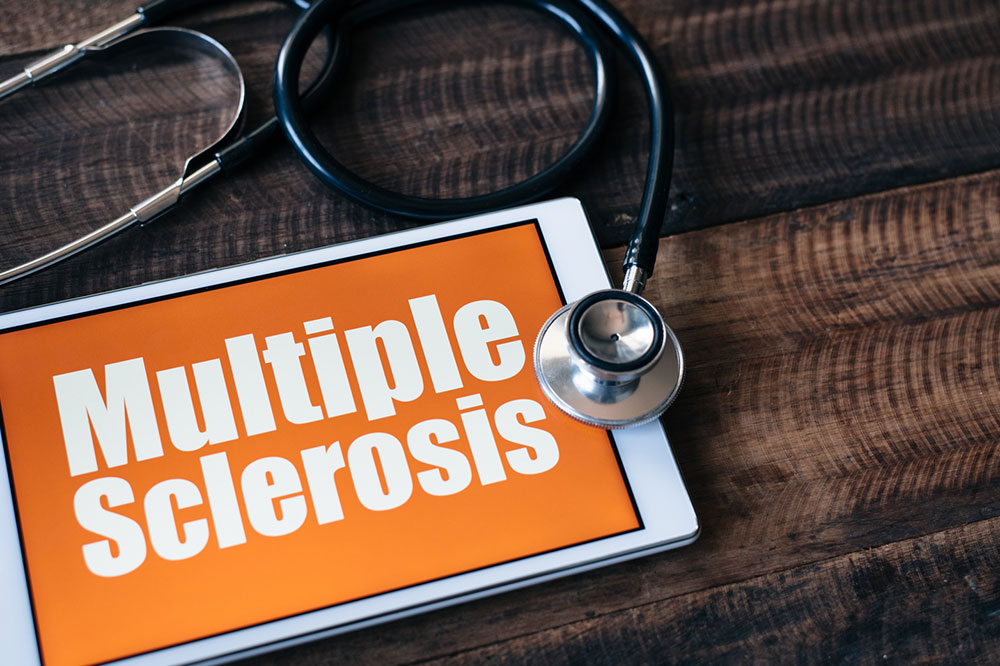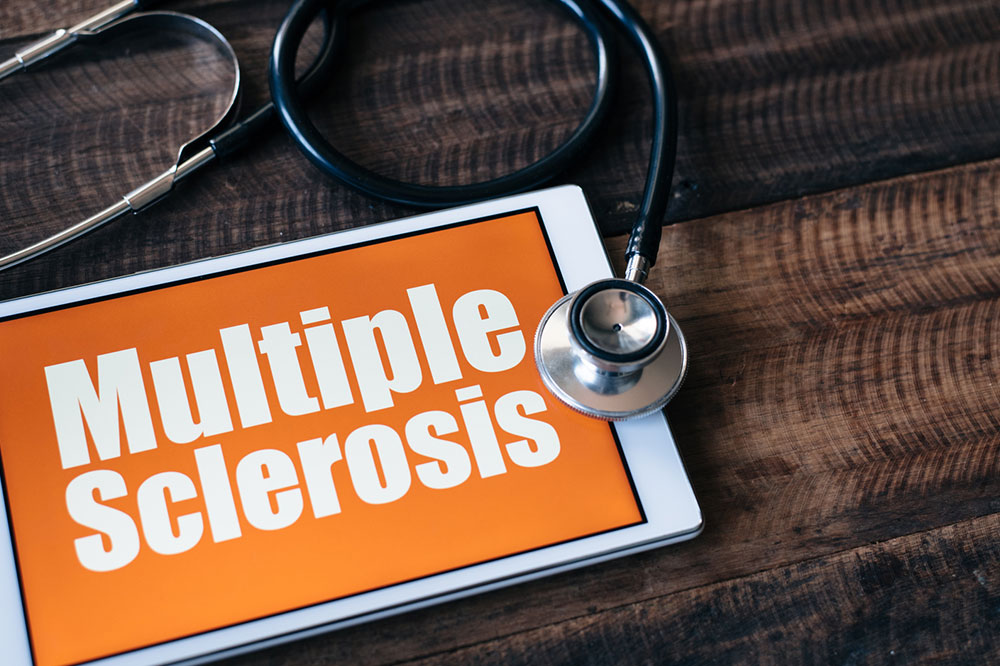Cutting-Edge Advances in Multiple Sclerosis Research and Treatment Strategies
Recent technological advancements are transforming multiple sclerosis (MS) research and treatment. Innovative drugs like Laquinimod and Teriflunomide show promise in managing symptoms and slowing disease progression. Advances in diagnostic techniques such as high-resolution MRI and genetic analysis are paving the way for personalized therapies. Lifestyle factors like vitamin D intake and smoking cessation are gaining importance in MS management. Ongoing research aims to unravel MS causes and develop targeted, effective treatments, offering hope for improved quality of life for patients worldwide.

Cutting-Edge Advances in Multiple Sclerosis Research and Treatment Strategies
Over the past few years, groundbreaking technological innovations have significantly expanded our understanding of multiple sclerosis (MS), offering hope for more effective therapies and potential cures. The integration of advanced gene-chip analysis, high-resolution MRI techniques, and other sophisticated diagnostic tools is enabling researchers to delve deeper into the complex nature of this autoimmune disorder. These advancements are paving the way for personalized treatment plans and novel approaches to managing MS more effectively.
Extensive research efforts are currently underway worldwide, aiming to unravel the multifaceted causes of MS, halt its progressive nature, restore lost neurological functions, and ultimately find a cure. Clinical trials involving innovative drugs and therapies are progressing rapidly, with some already reaching advanced phases, indicating promising horizons for MS patients.
One notable experimental drug, Laquinimod, has attracted considerable attention. This immunomodulatory agent works by shifting T-cell activity toward a regulatory phenotype, thereby reducing damaging inflammation while supporting neuroprotective pathways. Developed collaboratively by Active Biotech and Teva, Laquinimod has shown potential particularly in managing certain forms of relapsing-remitting MS, with ongoing studies assessing its long-term efficacy and safety.
Another promising candidate is Teriflunomide, which functions by inhibiting pyrimidine synthesis—a critical pathway for the proliferation of activated lymphocytes implicated in MS pathology. By suppressing the expansion of autoreactive immune cells, Teriflunomide aims to reduce disease activity and slow progression.
Besides these, several other drugs are at various stages of clinical development, including well-known agents such as BG-12 (dimethyl fumarate), Daclizumab, Alemtuzumab, Rituximab, and Ocrelizumab. Ibudilast, originally used for other neurological conditions, is also under investigation for its neuroprotective effects, potentially offering additional options for MS management.
In addition to pharmacological advances, research is increasingly recognizing the critical role of lifestyle and environmental factors in MS development and progression. Adequate vitamin D levels, primarily synthesized through sunlight exposure, are associated with a decreased risk of developing MS, likely due to its immunoregulatory properties. Conversely, smoking has been robustly linked to increased MS susceptibility, as well as more severe disease outcomes such as brain atrophy and lesion formation. However, the exact biological mechanisms behind these associations remain to be fully elucidated, prompting further research into how lifestyle modifications can complement medical treatments.
As the field continues to evolve, the hope for more targeted, effective, and less invasive treatments grows stronger. Future developments may include gene therapies, regenerative medicine, and personalized medicine approaches based on genetic and biomarker profiling, all aimed at transforming the outlook for those living with MS.





